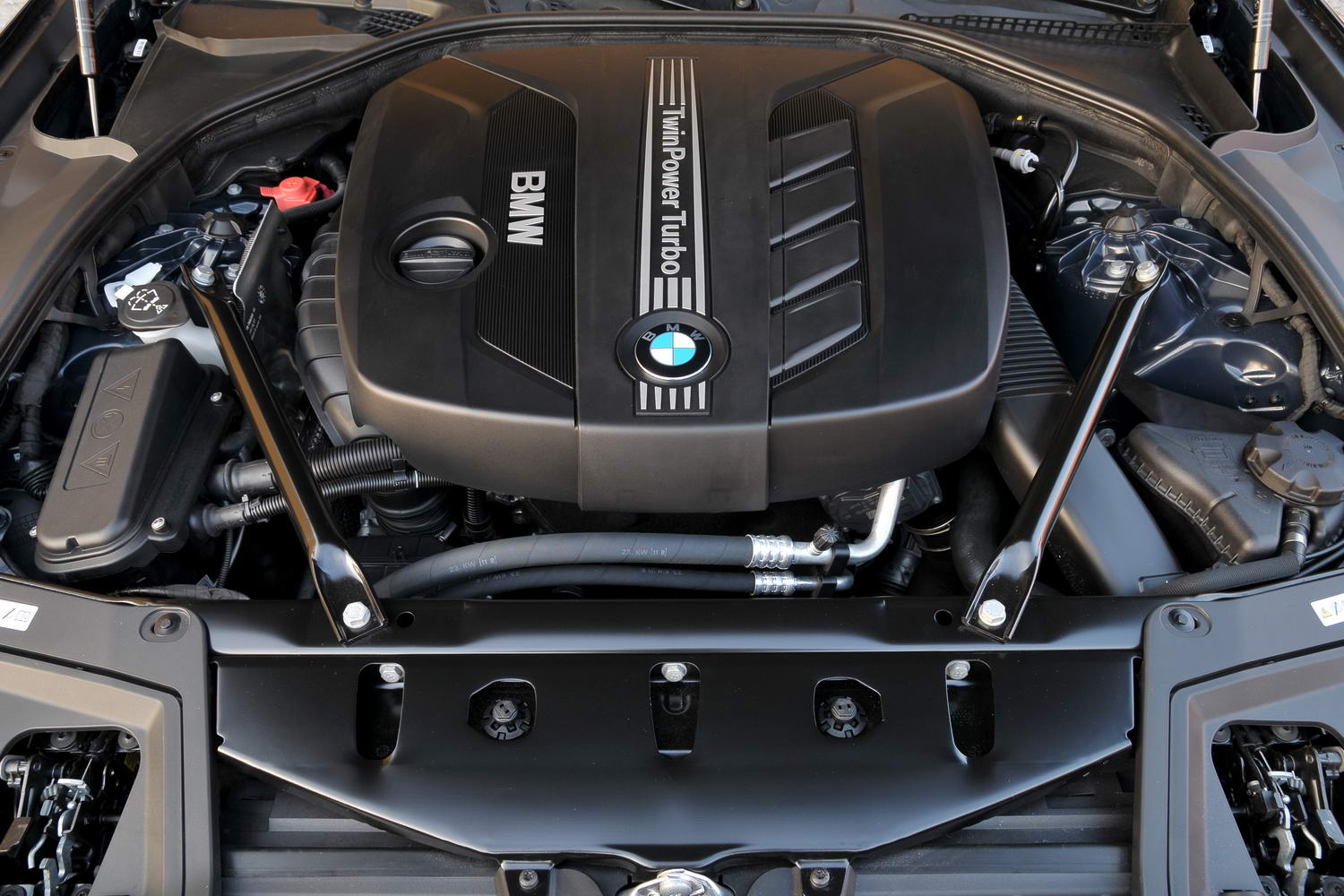How reliable is the F10 BMW 5 Series?
Its performance in customer satisfaction surveys was normally strong and in the main it's a reliable vehicle, although the sixth-gen 5 Series was not without its faults. Minor electrical niggles and problems with some of the engines, most notably premature timing chain wear on earlier turbodiesel models, are the most commonly reported maladies, and it's worth bearing in mind that the F10 is often very hard on its suspension joints and brakes; it'll need these components replacing on a fairly regular basis.
Check that any car fitted with Variable Damper Control has a functioning system - you should notice a difference in the firmness of the ride quality when you switch the car through its various drive modes, which run from Comfort to Sport. If you don't, there's a fault that will need fixing and it won't be inexpensive to rectify. A couple of advisories were issued for the F10 5 Series during its life, although BMW Ireland issued no official recalls, but watch for a quartet of potentially faulty engine bolts on pre-November 2011 models. These should have been replaced, but if not, they can cause an oil leak into a sensitive area of the engine bay and result in an engine management warning light illuminating. A defective oil pump on the M5 (examples built from July-September 2012) might result in engine damage, while welds in the air conditioning condenser on various models can fail, resulting in a loss of coolant. Check that the air conditioning therefore blows ice-cold on any car you're looking at.
One final point: BMW parts prices and servicing costs are usually above average, so fixing a faulty 5 Series will be an expensive business. Therefore, check you are looking at a solid second-hand example before you buy.
































